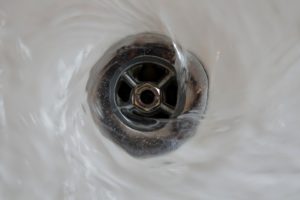 A clogged drain is always a nuisance. Some of these incidents can be more of a problem than others. Things that go down a drain are usually waste, so they are never pleasant to deal with. The only exception are items you accidentally throw down your drain.
A clogged drain is always a nuisance. Some of these incidents can be more of a problem than others. Things that go down a drain are usually waste, so they are never pleasant to deal with. The only exception are items you accidentally throw down your drain.
You should call a plumber as soon as you suspect or detect such an issue.
Some people believe they can sort out clogged drain problems by themselves. More often than not they make use of harsh chemicals to unclog those drains. Even though this method is fairly inexpensive and convenient, it is only a temporary fix and it has some negative consequences.
Professional plumbers don’t use chemicals, due to the fact that they are highly corrosive. In time, the frequent use of such corrosive substances may cause severe damage to pipes and septic systems. On long-term, the use of chemicals becomes very expensive, as the replacement of plumbing systems isn’t cheap. Knowing this, it’s easy to understand why you should call a plumber to unclog your drain instead of pouring those pesky chemicals.

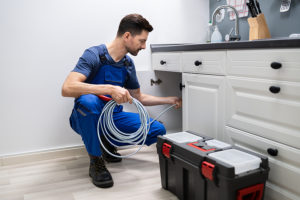
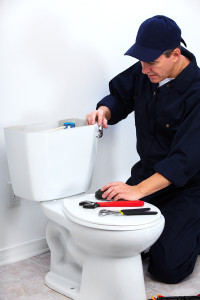
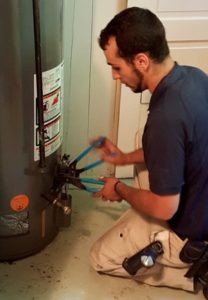
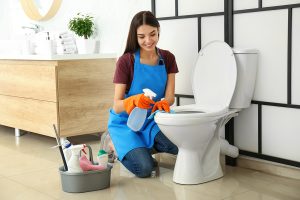
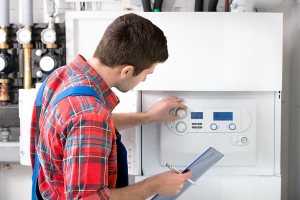
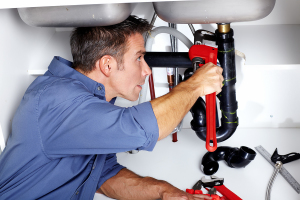 You need to take good care of your home so that it can be the best place possible for you and your family.
You need to take good care of your home so that it can be the best place possible for you and your family.